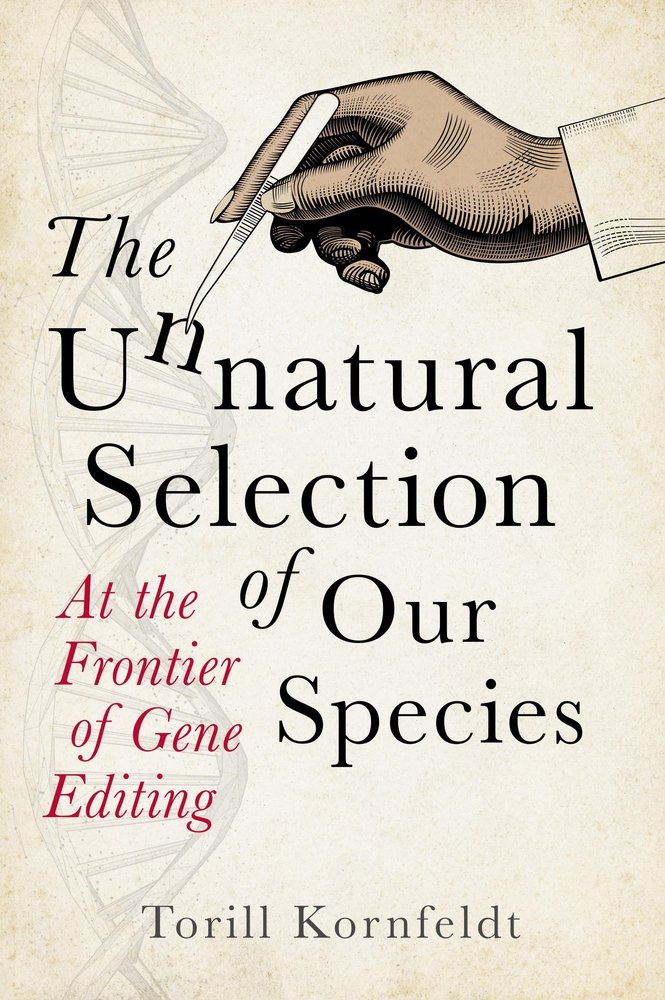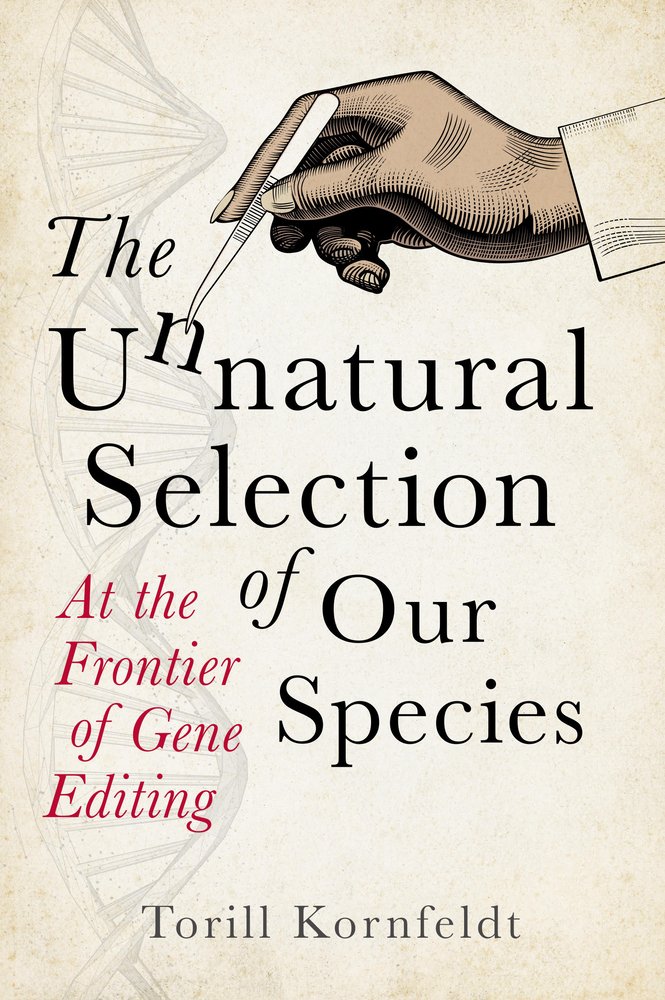The Unnatural Selection of Our Species
At the Frontier of Gene Editing

How are we supposed to handle these new tools that could end up changing our genetic material?
The advancement of the new genetic technology has hurtled forward at breakneck speed. When the first genetically modified children, the twins Lulu and Nana, were born in China in 2018, it became clear that humanity was facing possibilities that we had, previously, only been able to imagine. With the pair of genetic scissors known as CRISPR, we could potentially choose the traits of our children and avoid ageing and disease. But with that ability comes a new set of risks, forcing us to face hard ethical and societal questions.
Torill Kornfeldt has traveled all over the world to meet the people who are driving the research forward. She has visited fertility clinics in South Korea, oncologists in China who are experimenting on sick patients, and biohackers in the US who want to make the new technology available to everyone. In The Unnatural Selection of Our Species, she examines recent developments in gene editing and what might still be waiting around the corner.

Torill Kornfeldt is a Swedish science journalist with a background in biology. She has worked in the science department of Sweden’s leading morning newspaper Dagens Nyheter and at the science branch of the Swedish public service radio. There she created the successful radio show Tekniksafari (Tech Safari) on new technology changing society. Her main focus is on how emerging bioengineering and technology will shape our future.
Fiona Graham has a degree in Modern Languages from Oxford University, and has lived in Kenya, Germany, the Netherlands, Luxembourg, Nicaragua, and Belgium. She translates from Spanish, French, Dutch, Swedish, and German, and is currently the reviews editor at the Swedish Book Review.

